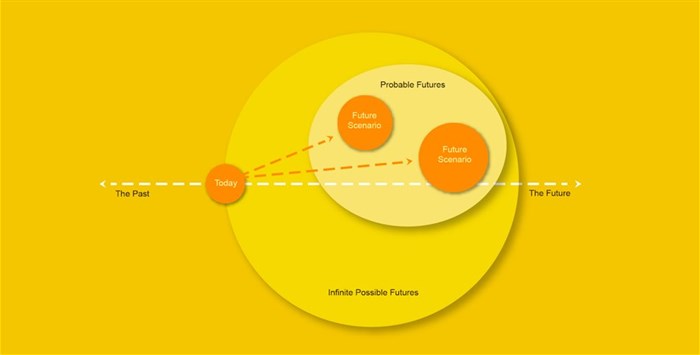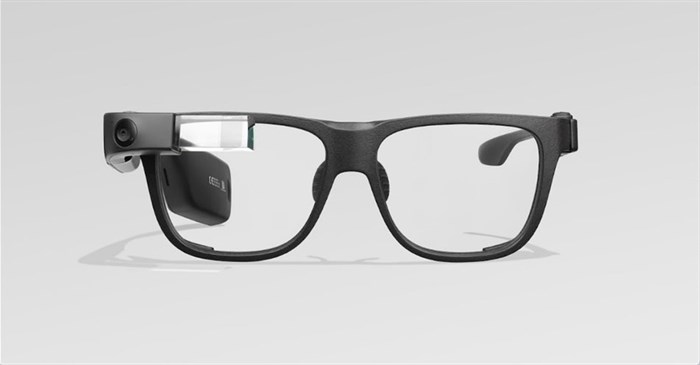
Top stories
More news



















The world is at an inflection point. We face new risks but also new possibilities. It is safe to say that most organisations have merely fought hard to mitigate risks, missing the opportunity to harness the possibilities amidst the disruptions.
Pre-2020, we had the luxury of relegating futures thinking to the realm of 'tomorrow’s problem'. But today we face the urgent need to learn to anticipate and plan for an evolving future. Cultivating a futurist mindset is now front and centre in how we do business.
But what is a futurist mindset? While it may sound esoteric and far-flung from the way we think in everyday business, the truth is that futurism is forecasting – using facts and early signals to narrow down the infinite possible futures to a smaller subset of probable futures that are easier to plan for. Within those probable futures, painting a picture of future scenarios then creates a strong brief to the business on how to innovate, communicate and evolve.

The pace of change today is unprecedented, and our new imperative is to learn how to actively design a future where we see our business and people thriving. To bring this thinking to life, brands need to embrace a new set of skills:
The alternative is dangerous. We might fetishise undisputable data points that paint a picture of today so our plans are easier to defend in C-suites, failing to consider how this may play out tomorrow. We might base our future ambitions on where the world is today – painting false visions of a thriving brand in an unchanged view of the world.
Our futures work over the last few years has revealed that future-fit leaders have a few things in common. They are energised by uncovering predictable surprises in the future that can be harnessed for growth or mitigated if needed. They are curious enough to look beyond the data and ask, 'how might this play out tomorrow?' They are comfortable with being proven wrong (and right), and make decisions based on a debatable future. They are actively planning for multiple outcomes and plan to pivot.
Let’s consider a hypothetical example: While many food brands may be pondering the impact of air fryers on their product usage, the future-curious leader might wonder how this combined with the rise of single adult homes and smaller dwellings could signal the future of kitchen design. Is our future portfolio ready for a stove-free kitchen?
Brands around the world are combining futurism with design thinking to evolve and deliver meaningful solutions. Google understood the rising need for hands-free convenience and a future where tech becomes a seamless extension of ourselves. So, while Google Glass failed in the mass market, it was relaunched under Google Enterprise with applications to drive operational efficiency and the innovation is now successfully being used by VW, DHL and Boeing.
This case study shows how the combination of future-forward thinking and the courage to be proven wrong (and right) can result in game-changing innovation designed for an altered future.

The ability to navigate disruption and predict surprises is the defining competitive advantage of our time. Building a future-harnessing organisation will be the difference between brands that fade into obscurity (Blockbuster anyone?) and brands that courageously endure in a fluxing future.
Are your brands asking the right questions about the future? At Kantar, our Futures Thinking helps you narrow down the possibilities into probable futures and future scenarios, helping you unlock growth. Contact us for further category-specific insight. There has never been a better time to shape new visions, strategies, business models, innovation, and communication to make the most of the future, today.

